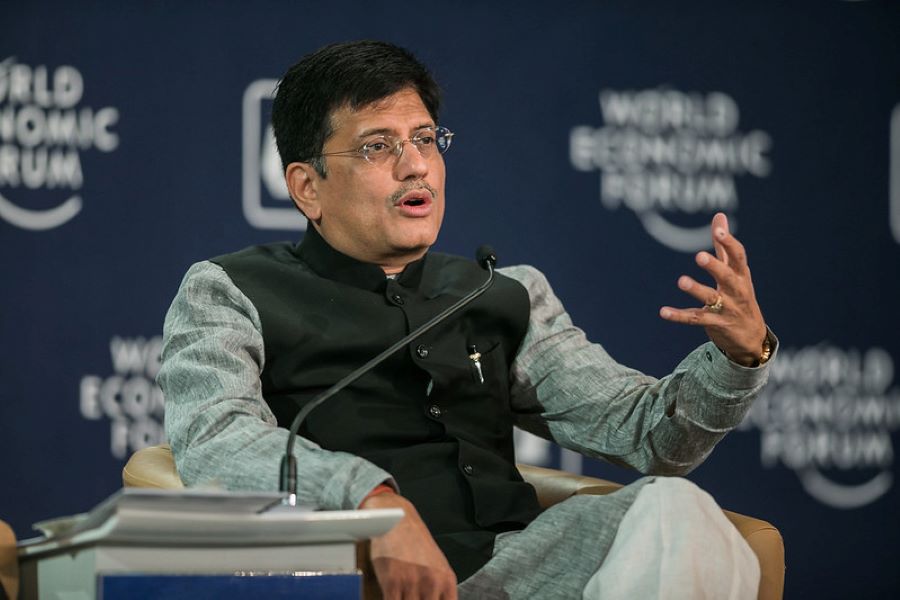New Delhi: Union Minister of Commerce and Industry, Piyush Goyal, stated that India and Japan share a globally recognised strategic partnership rooted in brotherhood, democracy, culture, and economic cooperation. Speaking at the India-Japan Economy and Investment Forum, he highlighted the cultural ties between the two nations, noting that the Seven Lucky Gods of Japan have origins in Indian tradition. Comparing the relationship to a fusion of sushi and spices, he emphasised their complementary nature.
Japan has been a key ally in India’s economic growth, with Foreign Direct Investment (FDI) exceeding $43 billion between 2000 and 2024, making it India’s fifth-largest source of foreign investment. The Comprehensive Economic Partnership Agreement (CEPA) signed in 2011 has significantly strengthened bilateral trade. Over 1,400 Japanese companies operate in India, with 11 industrial townships across eight states hosting Japanese enterprises. Major infrastructure projects, such as the Mumbai-Ahmedabad High-Speed Rail and metro systems in Delhi, Ahmedabad, Bengaluru, and Chennai, reflect Japan’s active role in India’s development. The Minister expressed optimism about the commencement of the Shinkansen bullet train service between Mumbai and Ahmedabad soon.
He highlighted the impact of the ‘Make in India’ initiative launched in 2014 under Prime Minister Narendra Modi, which has boosted India’s manufacturing sector. India and Japan are collaborating to build globally competitive brands, exemplified by Maruti exporting vehicles to Japan. The government aims to increase manufacturing’s share of GDP to 25%, with Japan playing a crucial role. Trade, technology, tourism, and investment remain key pillars of India’s international economic strategy, with Japan central to strengthening economic ties.
He emphasised India’s commitment to a business-friendly environment, with improvements in ease of doing business at both central and state levels. Infrastructure development, public-private partnerships in innovation, and a strengthened R&D ecosystem, backed by recent budget announcements, reflect India’s strategic economic focus. India boasts the world’s largest number of STEM graduates, with women accounting for 43%, contributing to a skilled workforce.
Highlighting five key drivers of India’s economic growth—decisive leadership, demographic dividend, democracy, diversity, and demand—he stated that large-scale investments will coexist with MSMEs to provide global solutions. Quoting Prime Minister Modi, he remarked, “Today’s India inspires confidence in the world.”
On quality standards, he noted that Japan serves as a benchmark for excellence, with India encouraging manufacturers to adopt ‘Kaizen’ (continuous improvement) and Lean Six Sigma principles. Efforts are underway to balance trade, increasing Indian exports for reciprocal benefits. He invited investment in India’s growth story, particularly in green energy, renewable energy, high-tech manufacturing, semiconductors, electronic goods, and artificial intelligence. He stressed that digital technologies will drive progress towards prosperity, reinforcing India’s commitment to innovation and sustainable development.


